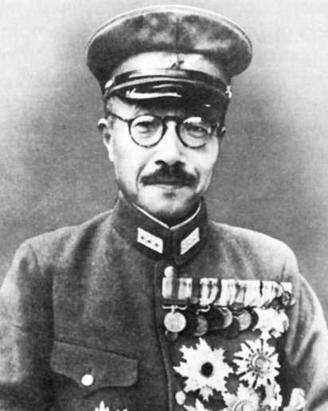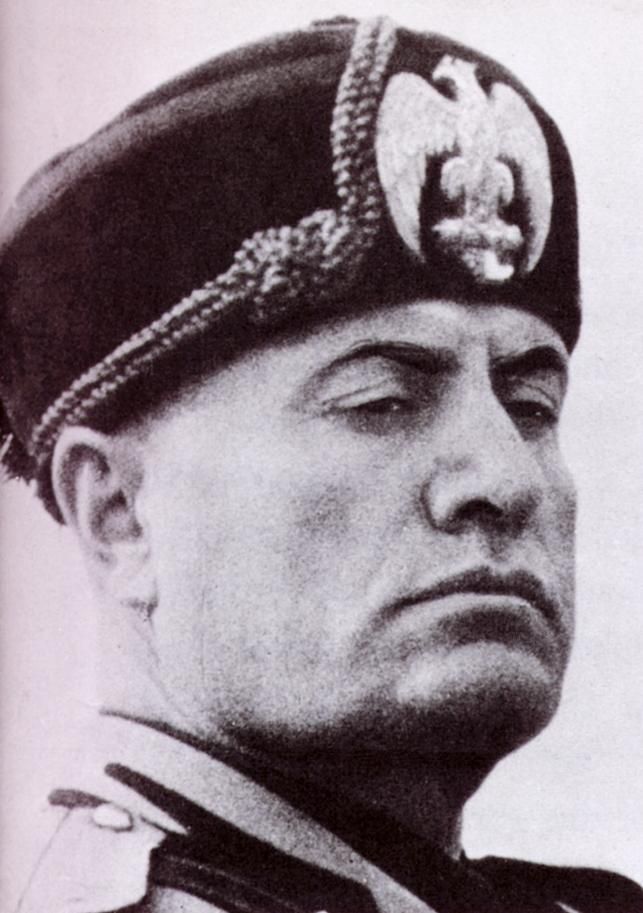 |
 |
Above: Left - Adolf Hitler (Germany) ; Right -Hideki Tojo (Japan)
|
|
Countries also apart of the Axis
- Hungary
- Romania
- Bulgaria
Axis Casualties:
| Germany | 3,250,000 |
| Austria | 230,000 |
| Italy | 330,000 |
| Rumania | 200,000 |
| Hungary | 120,000 |
| Bulgaria | 10,000 |
| Finland | 90,000 |
| Japan | 1,700,000 |
| Total | 5,930,000 |
World War I left tremendous political dislocations in Europe. These dislocations laid the groundwork for the collapse of democratic institutions on the continent and set the stage for a German power struggle. The already fragile democratic regime in Germany was further weakened by the worldwide depression that began in 1929.
In 1933, Adolf Hitler led to power the National Socialist German Workers' (Nazi) Party, a mass movement that was virulently nationalistic, anti-democratic, and anti-Semitic.
Hitler ended parliamentary government in Germany, assumed dictatorial powers, and proclaimed the Third Reich. The Nazi government increased the strength of the German armed forces and sought to overturn the World War I's Versailles Treaty in order to recover German territory lost at the peace settlement, and to return to the so-called Fatherland German-speaking minorities within the borders of surrounding countries.
The ultimate goal of Hitler's policy was to secure "living space" for the German "master race" in eastern Europe. A gambler by instinct, Hitler relied on diplomatic bluff and military innovation to overcome Germany's weaknesses. He played skillfully on the divisions among the European powers to gain many of his aims without war.
In 1935, Hitler and the Italian Fascist dictator Benito Mussolini announced a Rome-Berlin alliance -- the Axis.
Meanwhile, in the Far East, the Japanese -- the only Asian industrial power -- coveted the natural resources of China and Southeast Asia, but found their expansion blocked by European colonial powers or by the United States.
Having seized Manchuria in 1931, Japan began a war against China in 1937. Soon Germany, Italy, and Japan became allies, facing Western democratic governments that wanted to avoid another war, and the Soviet Union that had its own expansionist ambitions.

